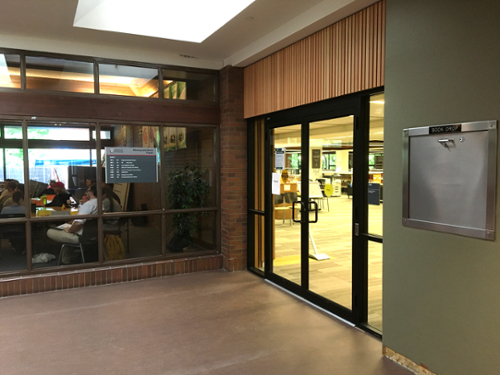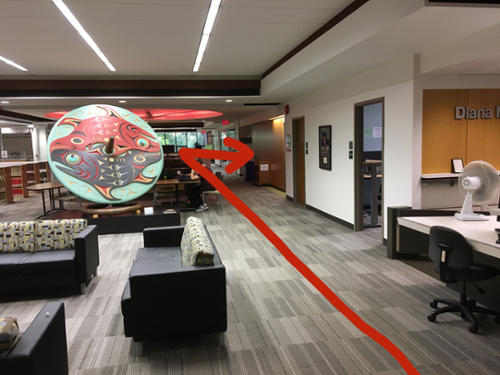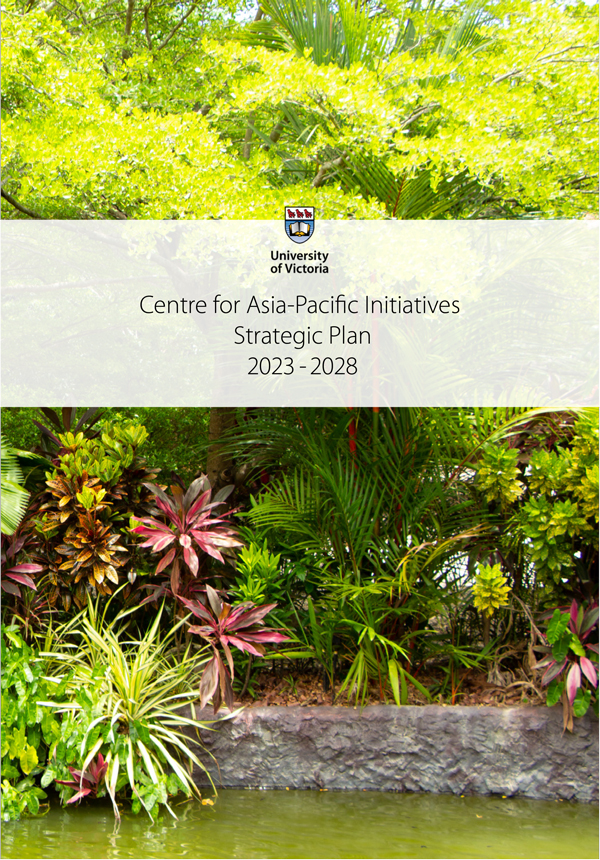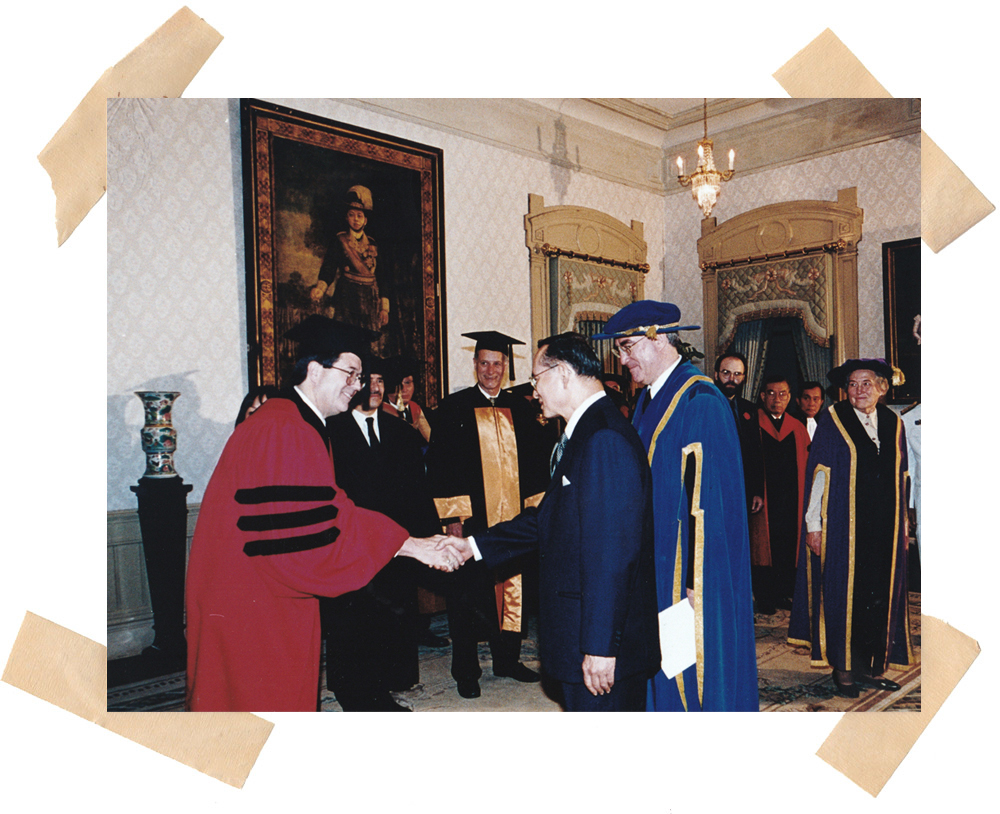About the Centre
Through the continued excellence of its research and programming, CAPI will be recognized as the pre-eminent Asia-Pacific focused academic centre globally. The Centre will engage with institutions,
civil society and leading scholars at the University of Victoria and across the world to facilitate meaningful relationships that will make a difference.
By providing a supportive environment for scholarly excellence and community engagement, CAPI will deepen the connection between the University of Victoria and the Asia-Pacific region. Through the work of CAPI’s researchers and programming, CAPI will be a catalyst for the creation, recognition and dissemination of knowledge concerning issues affecting the region.
- We are welcoming, engaging, supportive, collaborative, community-oriented, respectful and entrepreneurial.
- We value academic freedom and autonomy, creativity, inclusivity, intellectual and ethical integrity, courage, collaboration and diverse perspectives.
- Our research is open, interdisciplinary, innovative, co-creative, participatory, ethical, visionary, transformative, and impactful.
Our five primary goals are:
-
1. LEADERSHIP IN RESEARCH: CAPI inspires creative, innovative research engaging a diverse community on complex issues in Asia.
-
2. RESEARCH COMMUNITY: CAPI works with researchers and partners in a spirit of creativity and critical engagement.
-
3. ASIA@CAPI: CAPI is the University’s intellectual home for everything Asia-related.
-
4. INSPIRED PEOPLE: CAPI attracts a diverse, dynamic, and talented group of faculty, students, and staff.
-
5. RESOURCE SUFFICIENCY: CAPI has reliable and sufficient resources that it uses effectively to meet the goals of this plan.
How to find us
In December 2022, CAPI relocated from Sedgewick to Fraser as part of a custom renovation to the Law Library designed by Low Hammond Rowe Architects. We are located on the ground floor of the Diana M. Priestly Law Library, in the Fraser Building. On entering the building, make your way to the Diana Priestly Law Library. Once in the library, pass the spindle whorl on your left and take a right down the corridor to the CAPI main office.
 |
 |

CAPI's Strategic Plan 2023-2028
CAPI 2024-2025 Annual Report
Previous annual reports
- 2023 - 2024
- 2022 - 2023
- 2021 - 2022
- 2020 - 2021
- 2019 - 2020
- 2018 - 2019
- 30th anniversary book (2018)
- 2017 - 2018
- 2016 - 2017
- 2015 - 2016
- 2014 - 2015
- 2013 - 2014
- 2012 - 2013
- 2011 - 2012
- 2010 - 2011
- 2009 - 2010
- 2008 - 2009
- 2007 - 2008
- 2006 - 2007
- 2005 - 2006
- 2004 - 2005
- 2003 - 2004
- 2002 - 2003
- 2001 - 2002
- 2000 - 2001
- 1999 - 2000
- 1998 - 1999
- 1997 - 1998
- 1996 - 1997
- 1995 - 1996
- 1994 - 1995
- 1993 - 1994
- 1992 - 1993 [inaugural edition]
History of the Centre
In 1988, the Centre for Asia-Pacific Initiatives (CAPI) became the first Senate-approved research centre at the University of Victoria. Recognizing the importance of the Asia-Pacific region to Canada, the concept of a centre focusing on Asia-Pacific issues was given financial support by the Dorothy and David Lam Foundation, the Federal Secretary of State and the Provincial Government of British Columbia. Since its inception, CAPI has acted as a vital link between the University of Victoria and the Asia–Pacific region, providing programming and research initiatives that have brought together scholars from the Asia-Pacific region with those from UVic. Over three decades later, the Asia-Pacific region not only continues to of importance to Canada, but has grown in its significance. | more about CAPI's history

CAPI was front and centre on November 5th, 1999, when UVic conferred the Degree of Honorary Doctor of Science upon His Majesty King Bhumipol Adulyadej of Thailand at Chitralada Royal Villa in Bangkok. Above, CAPI Director William Neilson shaking hands with His Royal Highness; UVic President David Strong is to the right of the King in blue and Chancellor Norma Mickelson is at far right, in purple. Also in attendance were long-time CAPI Associate/Geography professor Phil Dearden (obscured behind Dr. Neilson), Khun Anand Panyarachun (another UVic honourary degree recipient, for whom CAPI's Anand scholarship is named), and CAPI Associate and prominent Thai businessman Jingjai Hanchanlash (second from right).
Past Directors
| Andrew Marton | 2014-2017 |
| Helen Lansdowne | 2011-2014 |
| Andrew Harding | 2009-2011 |
| Richard King | 2004-2009 |
| William A. W. Neilson | 1992-2004 |
| Ralph Huenemann | 1987-1992 |

